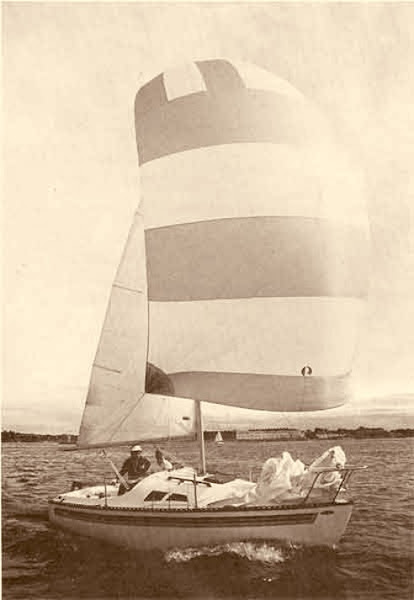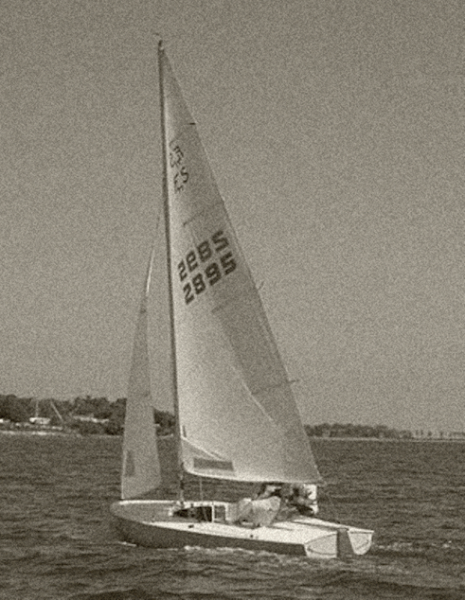A Few Examples:
Price Controls; The government's attempt at fixing the market price for a good or service above or below its naturally fluctuating value. Not long after price controls are put in place, that portion of the economy is knocked artificially out of balance and the natural economic laws of supply and demand, etc., begin to seek equilibrium. Prices fixed above or below the natural value of goods and services will disrupt the balance of supply and demand achieved through pricing flexibility. Additionally, black markets appear offering them at above or below the fixed price. Minimum wage laws and their unintended consequences are a great example of this in action.
Prohibition; The government's attempt to legally forbid trade of certain goods or services. The natural result is scarcity which drives up the price and provides the incentive to trade them on the black market. Prohibition has never achieved its stated goal and never will.
Professional licensing; The stated goal is consumer protection. That said, it seems odd that it's always the providers who cry for professional licensing, not the consumers. Here again, the attempt is thwarted by the economy's natural forces. Licensed goods and services become more scarce. The providers, with less competition to worry about, decrease quality and raise prices, again creating fertile ground for black markets.
Time is the key. An economy left alone in its natural state, (absolute free trade), will fluctuate with supply, demand and quality. The natural economy has a built in correction system which reacts almost instantly on each individual transaction, lessening the time involved in re-establishing the balance as compared with governmental meddling and tinkering which can delay market signals and makes the inevitable oscillation toward the natural correction longer and more severe.
Think of the economy as a physical object, like an aircraft. In its natural state it is on the ground and stationary. The four forces which act upon an aircraft are weight, lift, thrust and drag. Weight and drag can be temporarily overcome through force in the form of the expenditure of fuel. However, the more altitude and velocity one wished to achieve, the greater the fuel expenditure and the aircraft will exhaust its fuel supply. There's an aviation adage that landing a plane is the hardest part of flying. To the contrary, landing is the simplest part. All one has to do let go of everything and the plane will eventually find the ground all by itself. Landing a plane safely? That's a whole other story, but obviously the safest place where there's the least possible chance of disaster was on the ground where you started. The "altitude" and "velocity" of the economy can also be increased with quickly apparent benefits, but like the aircraft it will eventually have to come to rest back on the ground. And what of the fuel consumed for its temporary trip aloft? In economic terms, that's called wealth and to keep the economic aircraft moving high and fast, unfortunately burns wealth at a greater rate than it is created. At some point the foolish attempt to usurp the natural laws of economics must be paid for with an equal and opposite reaction. Activities, which artificially hold an economic situation aloft for too long, will crash.
I guess that's why politicians and socialists are so enamored with space travel. Vanguard I, the oldest manufactured object still in orbit was launched on March 17, 1958. The satellite itself, of course, is smaller than a basketball and weighs less than five pounds. It stopped transmitting in 1964. But even with the massive expenditure of time and energy to send it into orbit, it cannot break the physical laws which dictate its actions. Vanguard I will eventually succumb to gravity, if not on this Island Earth, on some distant planet.




No comments:
Post a Comment